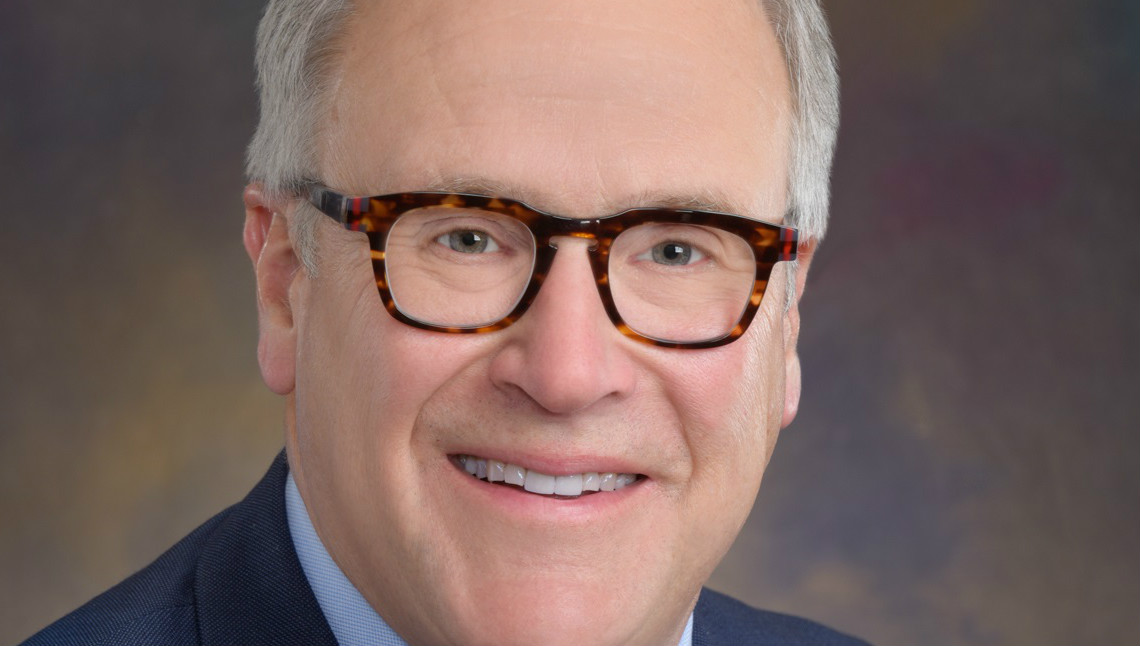Ricks to succeed Lechleiter as Lilly chief

Eli Lilly's chief executive, chairman and president John Lechleiter is to step down in December, and will be replaced David Ricks, who currently leads the company’s bio-medicines division.
Lechleiter (pictured) will continue to serve on Lilly’s board as non-executive chairman until next May, when he will leave the board. At that time, Ricks will take over as chairman too.
Serving as CEO since 2008, Lechleiter has guided the company through a difficult period where it was forced to rebuild its pipeline as patents expired on key drugs such as antidepressants Zyprexa (olanzapine) and Cymbalta (duloxetine).
The announcement that Lechleiter is to leave came shortly after Q2 results showing a 9% increase in revenue to $5.4 billion.
An 8% increase in sales volume was driven by new drugs such as Trulicity (dulaglutide) for diabetes and Cyramza (ramucirumab) for cancer, although foreign exchange rates and the sell-off of North American rights to cancer drug Erbitux (cetixumab) ate into margins.
While Lechleiter’s background is scientific, joining Lilly in 1979 as a senior organic chemist, business has been the focus of Ricks’ career.
Ricks has a bachelor’s degree in business from Purdue University and joined Lilly in 1996 as a business development associate, moving through the ranks to become president and general manager of Lilly China, and then becoming president of Lilly USA in 2009.
"The prospect of leading Lilly is both humbling and tremendously exciting," says incoming CEO Dave Ricks. pic.twitter.com/6GCTYiPlsH
— Eli Lilly & Company (@LillyPad) July 27, 2016
Since 2012 Ricks has been president of Lilly Bio-Medicines, covering Alzheimer’s, urology, musculoskeletal disease, and pain, as well as the company’s global marketing function.
The news of the change of leadership and the results that were in line with expectations clearly hit the right note with investors, as shares ticked up to $82.79 on the New York Stock Exchange in morning trading.
Many investors have been critical of Lechleiter during his tenure, as he eschewed mergers and acquisitions, while at the same time Lilly suffered more than its fair share of late-stage clinical trial failures, including numerous disappointments in Alzheimer's disease.
The company and its investors are waiting with bated breath for make-or-break results from its phase 3 EXPEDITION3 trial of another Alzheimer's candidate, solanezumab later this year.
He will have handed over the CEO role to Ricks by the time the top-line results are announced in the fourth quarter of 2016, but the dogged pursuit of an Alzheimer's treatment will be one of Leichleiter's biggest legacies at the firm. Most analysts are predicting failure for the drug, but solanezumab is likely to only needs a modest impact on the disease to secure it an approval and a commercial future.












